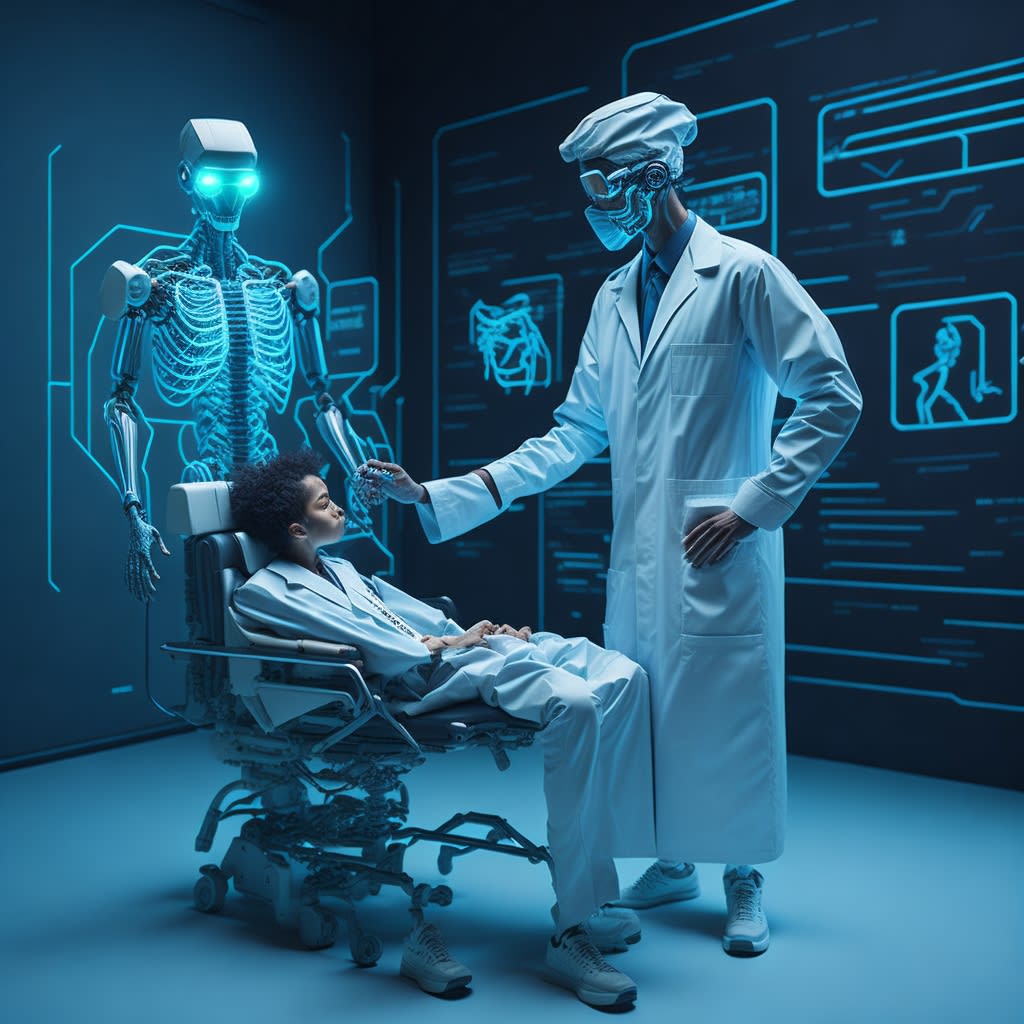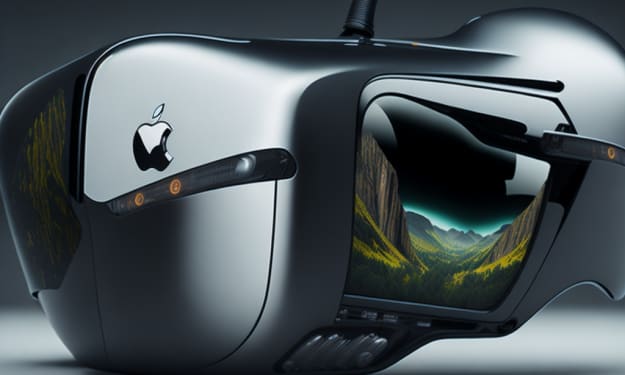Artificial intelligence as a diagnostic tool in Health system
Artificial intelligence in medical field in future

Artificial intelligence (AI) has the potential to revolutionize the healthcare industry in ways that were unimaginable just a few years ago. By leveraging machine learning algorithms and other advanced techniques, AI is helping doctors and other healthcare professionals to diagnose and treat a wide range of diseases, from cancer and heart disease to Alzheimer's and Parkinson's.
One of the most exciting applications of AI in healthcare is in the analysis of medical images. By training algorithms to recognize patterns in medical images, AI can help doctors quickly and accurately diagnose a wide range of conditions. This is particularly important when it comes to diseases like cancer, where early detection is critical to successful treatment.
Traditionally, doctors have relied on their own expertise and experience to interpret medical images like X-rays, CT scans, and MRIs. However, this process can be time-consuming and error-prone, particularly when it involves large volumes of data. AI can help to address these challenges by analyzing medical images in a fraction of the time it would take a human, and with greater accuracy.
One of the most promising applications of AI in medical imaging is in the early detection of breast cancer. Breast cancer is the most common cancer in women worldwide, and early diagnosis is key to successful treatment. Mammography is the most common screening method for breast cancer, but it is not always accurate, particularly in women with dense breast tissue. AI can help to improve the accuracy of mammography by analyzing images and identifying possible signs of cancer that might be missed by human observers.
Another area where AI is making a real impact is in the diagnosis of neurological conditions like Alzheimer's and Parkinson's disease. These conditions can be difficult to diagnose, as they often manifest in subtle ways, and there is no single test that can definitively diagnose them. However, AI algorithms can analyze medical images like MRI scans and identify patterns that are indicative of these conditions. This can help doctors to make more accurate diagnoses and develop more effective treatment plans.
AI is also being used to improve the accuracy of medical imaging in other areas, such as cardiology and radiology. For example, AI algorithms can analyze echocardiograms to detect signs of heart disease and identify patients who are at risk of developing heart problems. Similarly, AI can help radiologists to analyze CT and MRI scans to detect signs of lung cancer and other conditions.
In addition to improving the accuracy of medical imaging, AI is also helping to make healthcare more efficient and cost-effective. By automating certain tasks, like image analysis and patient triage, AI can help to free up doctors and other healthcare professionals to focus on more complex tasks. This can help to reduce wait times and improve patient outcomes, while also reducing costs for healthcare providers.
However, there are also challenges involved in the use of AI in healthcare. One of the biggest challenges is ensuring that AI algorithms are accurate and reliable. This requires a significant amount of data, as well as rigorous testing and validation. There are also concerns about the ethical implications of using AI in healthcare, particularly when it comes to issues like patient privacy and consent.
In conclusion, AI is transforming the healthcare industry in numerous ways, from improving the accuracy of medical imaging to making healthcare more efficient and cost-effective. As AI technology continues to develop, we can expect to see even more exciting applications in the years to come. Ultimately, the goal of AI in healthcare is simple: to improve patient outcomes and save lives.






Comments
There are no comments for this story
Be the first to respond and start the conversation.